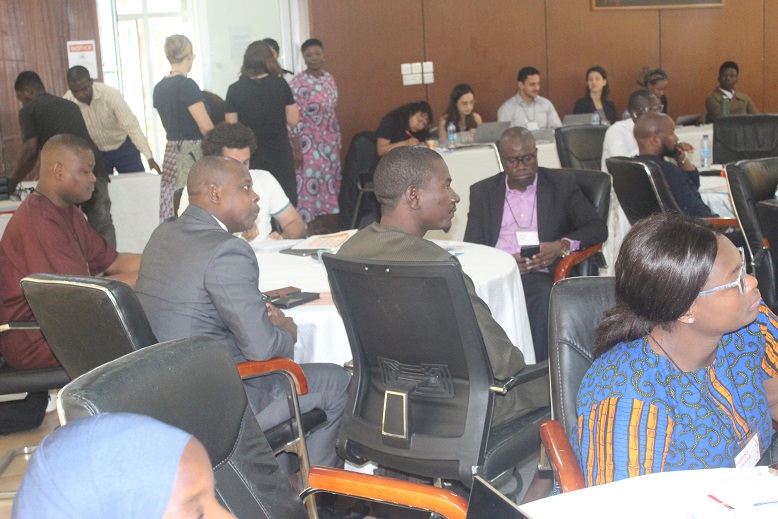Accra, Aug. 19, GNA- Professor Charles Amoatey, Programme Director, Development Impact West Africa, Ghana Institute of Management and Public Administration (GIMPA), has called for intensive capacity building of policymakers in evaluating social programmes to address the gaps in the sector.
He expressed concern about the huge gap in monitoring and evaluating social programmes, which affects the overall outcome of interventions and projects.
Prof Amoatey said this on Monday at a five-day Evaluation Development Programmes Course in Accra.
The course was organised by the Abdul Latif Jameel Poverty Action Lab (J-PAL), the University of Cape Town in South Africa, and GIMPA.
The training programme brought together over 50 participants from different African countries to be trained on how they can support the evaluation of social programmes.
“Policymakers are always looking for evidence on what their programmes are contributing in terms of improving the livelihoods of citizens.
“We are not sure which of the programmes are working, are being effective, and whether we are even getting value for money.
The training programme, the Professor explained, would build the needed capacity among policymakers on how they could generate and use evidence to support their policy decisions.
“We have realised that when the universities conduct research, hardly do they conduct research on things that are very important to the government that will inform their policy choices.
“Sometimes when some of these research works are done by the university, the policymakers do not even understand, so they are unable to use it,” he said.
He stated that the training would bridge the gap between academia and policymakers so that they could understand the research findings.
That, he stressed, was important because the training would help participants to have evidence to know which of the programmes like the free Senior High School policy, could work and not work and to know how to allocate resources to implement programmes that could benefit the people.
Ms Clare Hofmeyr, Associate Director of Education and Training, Africa School of Economics, expressed satisfaction in partnering with GIMPA to equip participants in evaluation strategies to generate evidence-based data to inform policy decisions.

She said J-PAL used a scientific approach to conduct relevant evaluations, innovate, test, and scale up solutions in sectors, including education and agriculture, among others.
Ms Hofmeyr urged the participants to actively be involved in the training and make a positive impact in their respective countries.
The participants were delighted with the programme and pledged to gain more insights about modules of evaluation and implement them to the best of their citizens.
GNA